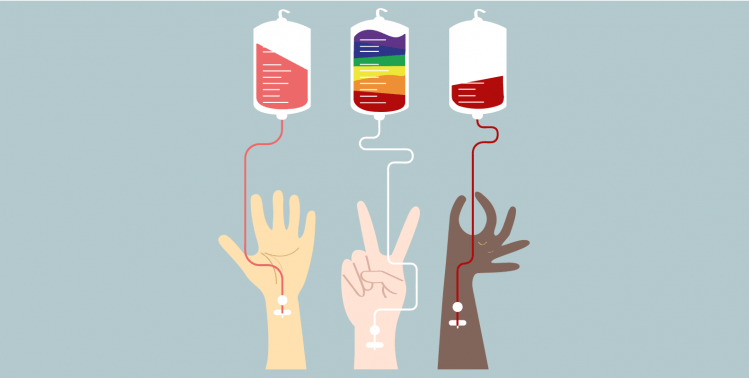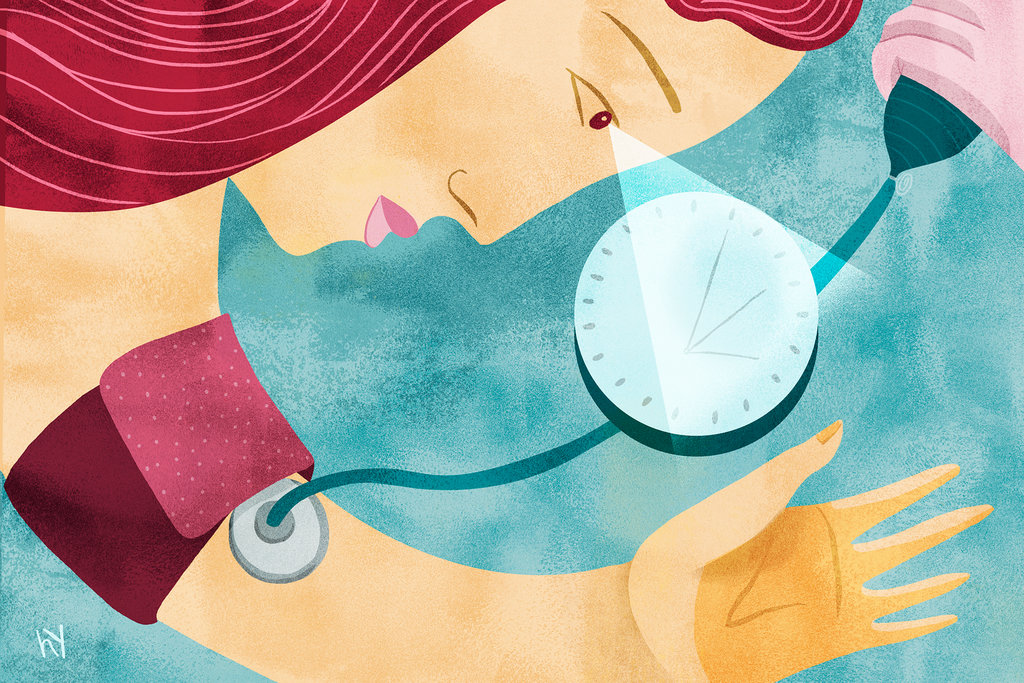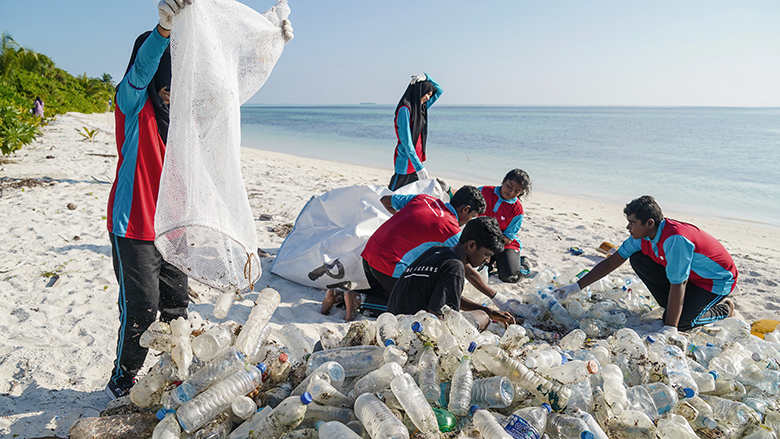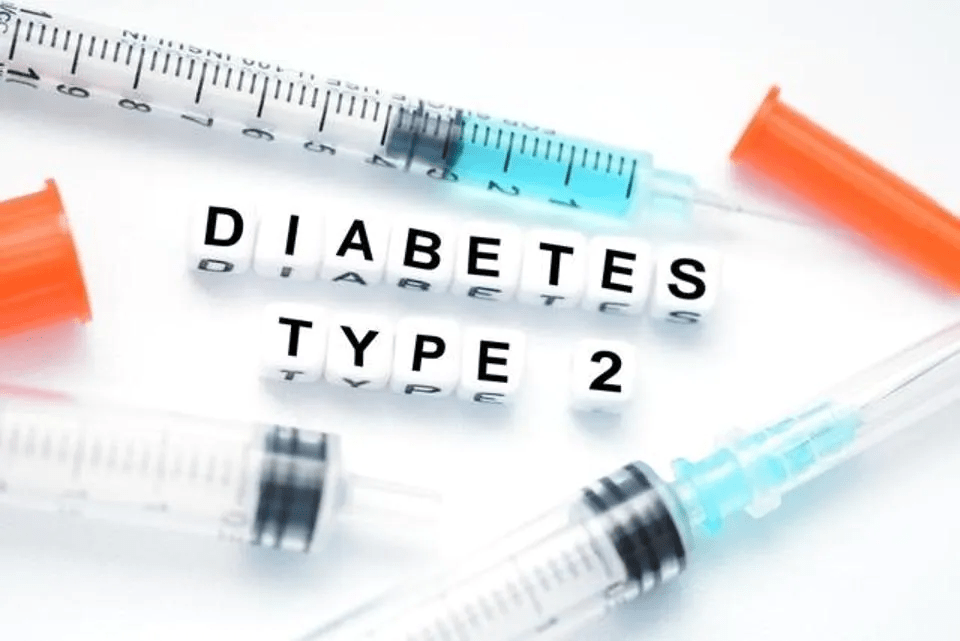Reevaluating Blood Donation Policies for LGBTQ+ Individuals
Author Name : Bhavya Bagga | Date : 29-06-2023

In the 1980s, the HIV/AIDS outbreak was in full swing, and doctors were just starting to figure out what the virus was and how it spread. During this time, the FDA made a rule that gay and queer men couldn't give blood. This rule still stands today. The FDA policy suggests, among other things, that people in the LGBTQ+ group have a much higher chance of getting HIV/AIDS than the rest of the population. Since the beginning, this strategy has been controversial, and many people have questioned whether or not it is based on good science.
In January 2023, the FDA released new rules for blood donation, which say that men who have relations with other men can give blood after three months of being celibate. These new rules show that the FDA is changing the way it looks at screening blood donors based on scientific proof. Now, they are looking at rules that were made decades ago and making changes to them in order to reduce shame and discrimination.Even though the new rules are better, many people still think they are unfair. Some people in the LGBTQ+ community say that the three-month requirement for celibacy doesn't truly reflect the risks of getting HIV and that it still keeps them from giving blood. Also, a person's ability to donate is based on the gender they were given at birth, even if they have had surgery to change it. This lack of fairness is especially troubling because gender-affirming surgery is seen as an important medical need in many countries, including the United States.

The idea that gay people and transgender people are more likely to get HIV is not completely true. According to scientific evidence, the number of new HIV infections is going down overall, but the number of new HIV infections in teens and young people is going up. Studies show that the number of cisgender men who have sex with other guys and get HIV has gone down. This is thanks to antiretroviral therapy and other improvements in HIV prevention. Researchers have also found that how people think about risks has a big effect on the actions that lead to HIV and other sexually transmitted infections. Stigmatization and discrimination against trans and nonbinary people also make it hard for them to get health care tools, like donating blood.
People shouldn't be refused sterile injectable blood because of their sexual orientation, gender identity, or expression. This is because the Universal Declaration of Human Rights says that everyone has the right not to be treated unfairly. Because of this, it's important to change the rules about giving blood based on science and equality, not on stereotypes and old beliefs.
In conclusion, the ban on gay and bisexual men giving blood is not based on science and just adds to shame and discrimination. The FDA is looking at these policies again as standards based on science, but they still have a long way to go in terms of being open to everyone. In the meantime, we need to recognize that everyone, no matter their sexual orientation or gender identity, has the right to get sterile blood to inject, and we should work to change the policies in our healthcare system that promote stigma and discrimination.
Related Posts
-
2/6/2023 15:41
How Sports help mental health
-
5/6/2023 14:45
The Power of Play How to Make Exercise Fun Again
-
5/6/2023 20:04
Get Moving The Top 5 Workout Routines for Beginners
-
13/06/2023 15:46
5 Places for The Best Butter Chicken Delhi in 2023
-
13/06/2023 16:42
How fitness can help improve your mental health
-
14/06/2023 14:55
Decide what to call them: Housewife or Homemaker?
-
14/06/2023 16:01
Some Tips to Protect Makeup in this Humid Weather
-
14/06/2023 16:59
The secrets of food photography
-
27/06/2023 11:30:04
8 Best Healthy Breakfast Foods to Eat
-
27/06/2023 11:48:41
India has 14 of the top 20 polluted cities in the world
-
29/06/2023 12:00:22
How Vitamin B12 Deficiency Can Impact Energy Levels and Mood
-
29/06/2023 12:43:00
Navigating Heartbreak and Weight Loss with a Healthy Approach
-
29/06/2023 13:08:38
Reevaluating Blood Donation Policies for LGBTQ+ Individuals
-
29/06/2023 14:28:55
The Rising Tide of Type-2 Diabetes in India Youth
-
29/06/2023 14:31:06
Strengthening Cybersecurity in India Medical Sector
-
29/06/2023 17:20:21
How to manage the Stress Relieving trip in in 9-5 jobs
-
30/06/2023 11:18:59
Are Diet Sodas Sabotaging Your Weight Loss Goals
-
30/06/2023 12:02:24
"Beer and Kidney Stones A Bubbly Solution or a Brewing Controversy”
-
30/06/2023 13:01:45
Eggcellent and Healthy- Discover the Top 10 Egg Recipes for Weight Loss!
-
30/06/2023 13:01:50
Embrace Health and Happiness on Your Wedding Day
-
30/06/2023 13:04:05
Discovering the Ideal Weight for Men and Women
-
30/06/2023 13:16:35
Unleashing the Secrets to Burning 1000 Calories a Day
-
30/06/2023 13:19:37
Unveiling the Radiant Power of Sunscreen for Shielding Your Skin
-
30/06/2023 13:24:08
Unveiling the World of Non-Sugar Sweeteners
-
30/06/2023 13:26:59
Weight Loss and the Expert Verdict On The Protein Bar Dilemma
-
30/06/2023 13:35:56
Unveiling the Arthritis Diet Plan Chart for Optimal Joint Health
-
30/06/2023 14:38:25
The Truth About Targeted Weight Loss and the Path to Sustainable Fitness
-
30/06/2023 14:41:36
Thyroids Silent Influence on Weight Gain
-
30/06/2023 14:44:54
Top Budget-Friendly Fitness Bands of 2023
-
30/06/2023 14:47:17
Top Hair Transplant Clinics in Delhi and Jaipur
-
30/06/2023 15:14:02
Exploring the World of Smart Scales
-
30/06/2023 15:17:47
Exploring the Feasibility of a 1200 Calorie Indian Diet Plan
-
30/06/2023 15:24:15
Embracing Loose Skin as a Badge of Transformation
-
30/06/2023 15:26:07
Embracing a Fruit Diet for Weight Loss and Wellness
-
30/06/2023 15:38:23
Finding the Balance in Protein Consumption for Cardiovascular Health
-
30/06/2023 15:45:27
Foods and Exercises for Sleek and Strong Arms
-
30/06/2023 15:53:53
Indulge in India's Best Under 300-Calorie Delights for Weight Loss
-
30/06/2023 16:09:06
Nurturing the New Moms Journey Back to Shape
-
30/06/2023 16:11:56
Navigating the Effects of Hypertension Drugs on Your Skin
-
30/06/2023 16:33:51
Protein Powder As A Double-Edged Sword of Muscle Growth and Controversy
-
30/06/2023 16:46:20
Nourishing Your Bones With Dairy-Free Calcium Delights
-
30/06/2023 16:52:04
Your Guide to the Best Ketogenic Foods








































































.png)
.png)








